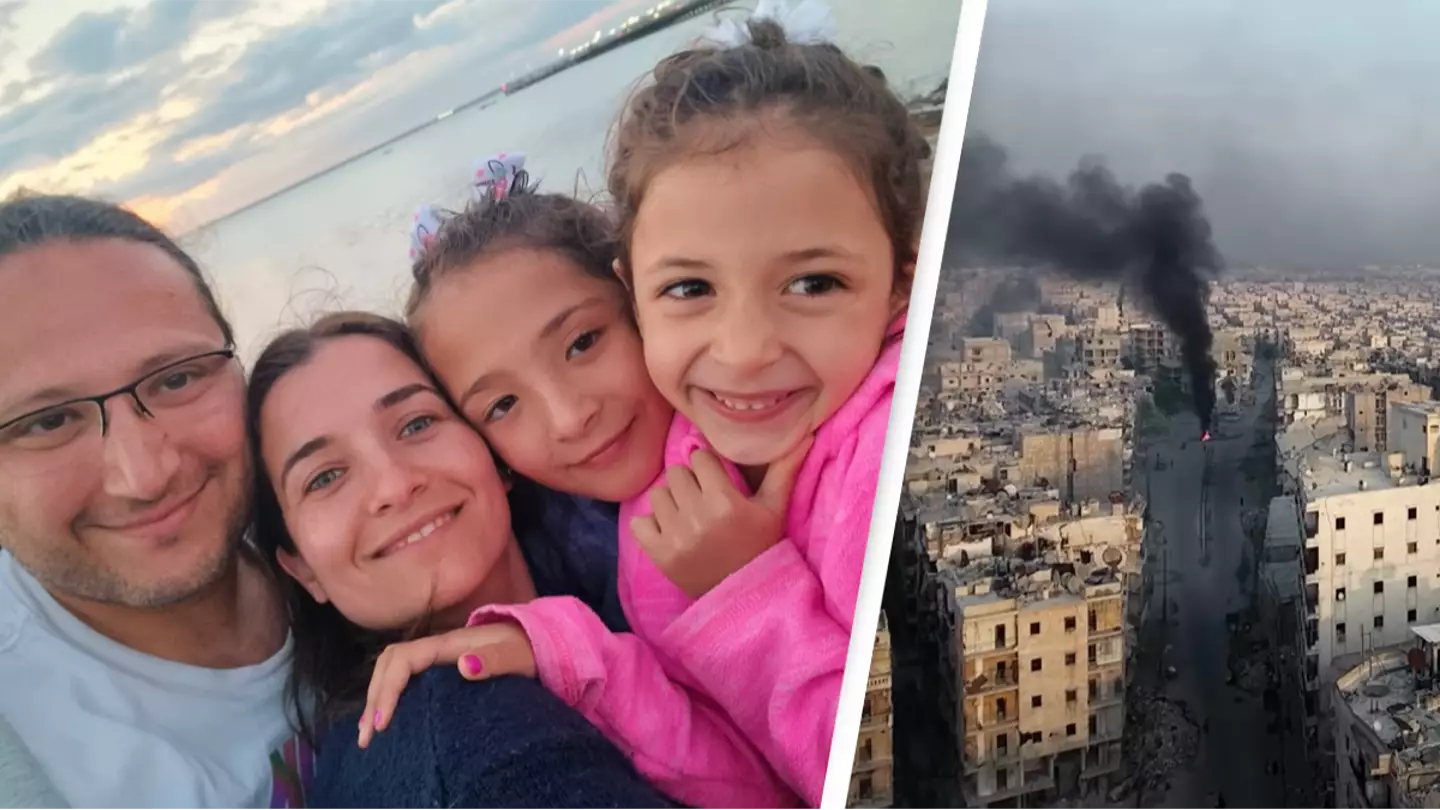
In 2016, a young family were on the move in Northern Syria - but unlike the hundreds of thousands who had been displaced by the Syrian Conflict, they weren't trying to escape.
Instead, Dr Hamza Al-Kateab, his wife - journalist and film-maker Waad Al-Kateab - and their infant daughter Sama were trying to get back into Aleppo.
Despite the danger to themselves and baby Sama, for Hamza and Waad the need to continue to support their community overrode concerns about their personal safety.
Hamza had spent years running what became the last remaining hospital in the city during the four-year-long siege. Waad filmed the siege and sent the footage that would become the film For Sama to Channel 4 News to show the world what was happening.
Advert
Hamza and Waad did not leave Syria willingly, though, with Waad telling UNILAD: “When we came [to the UK] it wasn't my choice, we had to come here.”
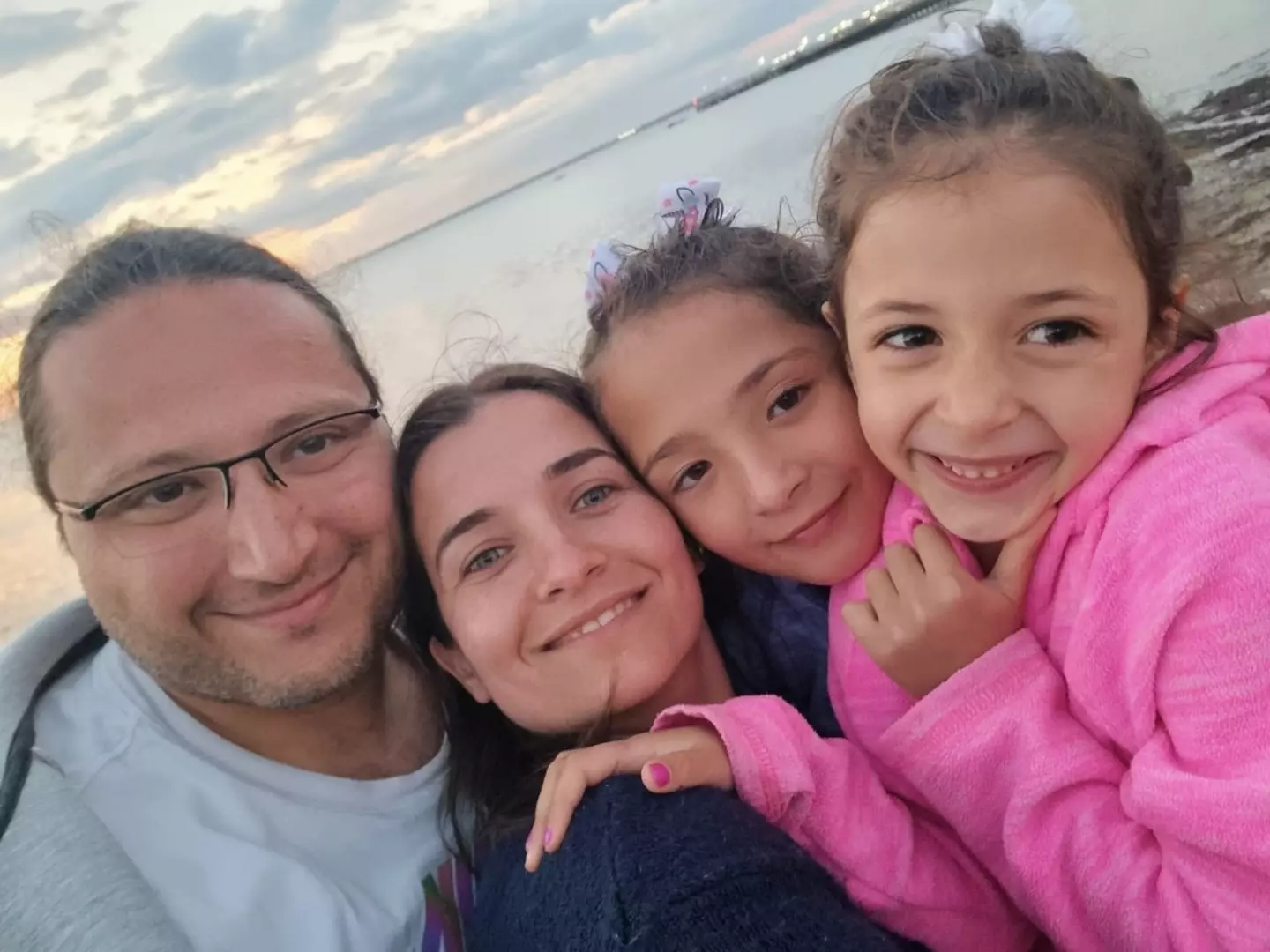
The Battle of Aleppo came to a bloody conclusion in 2016 when opposition forces in the city surrendered, and people living in opposition zones, including Hamza and Waad, were evacuated. At the time, Waad was pregnant with the couple’s second child, daughter Taima.
The family managed to get into Turkey, where they planned to return to Idlib - the last opposition held province in Syria. Even after they visited the UK, when Waad’s film For Sama was nominated for an award, they didn’t claim asylum as they always planned to return.
Hamza told UNILAD: “We were thinking the revolution is not only in Aleppo, even if we're outside of the city we can carry on, there's still community there who will need help.”
But there was a complication after Taima was born in Turkey, making it difficult to register her birth.
Hamza explained: “We couldn't register Taima at all. We only had a birth certificate from the hospital stating that Waad has given birth to a healthy child, a girl. Not even a name or anything.
“We tried to register her through brokers in Syria or in Turkey but there is no way, they said. We have to be in person in Syria and go to the authority there to register.”
Given Hamza and Waad’s very public opposition to the regime, going back to a government-held area in Syria to register Taima was simply not an option.
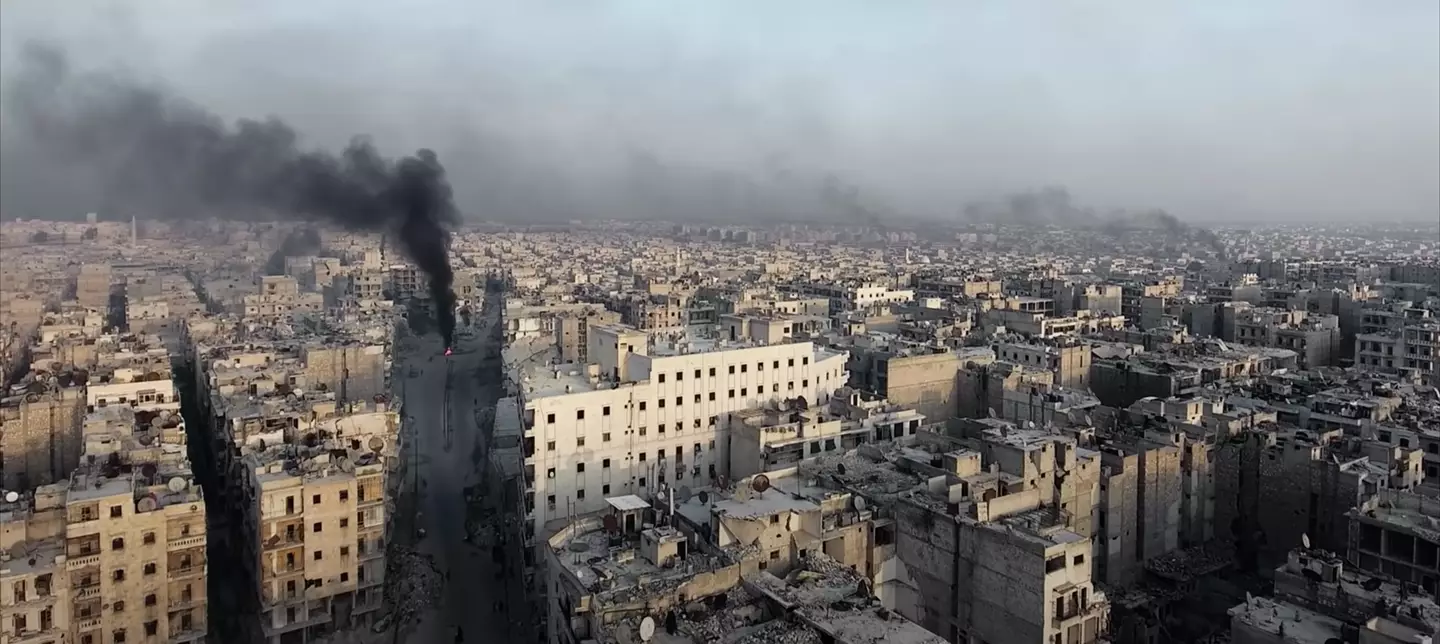
Eventually, the family made the decision that they had to leave, as the risks they faced in Turkey were no longer worth the danger. Hamza said: “I'm willing to risk my life in Aleppo. I'm treating children, I'm providing health care. I'm not willing to risk my life in Turkey going to work, and then we are pulled out and sent back to Syria, or even being stabbed or something. There are so many cases of racism in Turkey, and it's still happening.”
By this point Taima had just celebrated her first birthday, but the young family were forced to make an agonising decision. In order to make it to the UK they had to leave Taima behind with relatives in Turkey while their asylum claim was processed.
Waad said: “That was the only option for us to be able to live together in a good place as a family. She was one year old, we made her birthday a couple of days before we left.
"When I was reunited with her she was one and a half, so six months away from her. To be honest, I can't recall that moment. I tried so hard to not think about it. That six months, I was really struggling a lot.
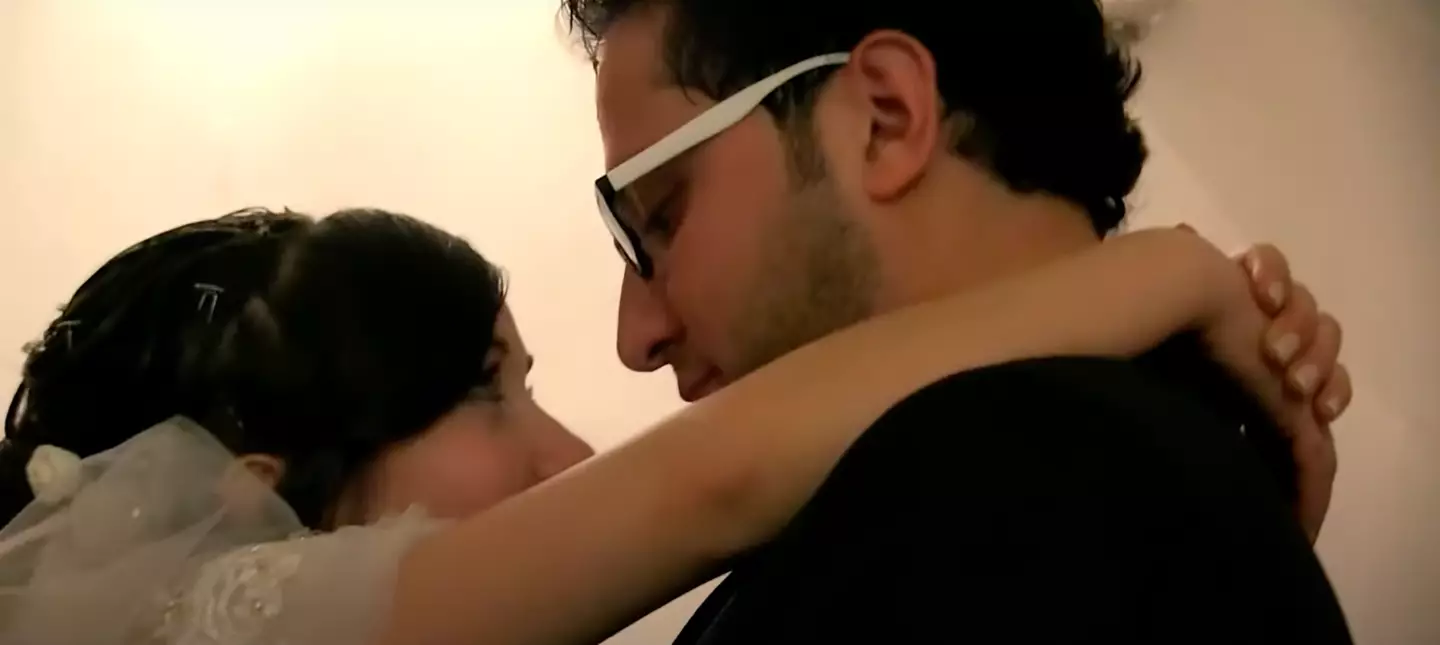
“Every minute was like torture. The moment she came back with our family I just wanted to erase that six months from my life.”
The family have now settled in the UK and thrown themselves into their work.
Waad made a second film with the Olympic team for refugees and displaced people called We Dare to Dream, and is working on another project covering the earthquake in Turkey and Syria.
Hamza meanwhile, is studying a PhD in providing healthcare during a siege evacuation, which he hopes to be able to apply to cities under attack by Russian forces in Ukraine.
But despite these incredible projects, there is always the nagging doubt that somehow they could be doing more. While the family is now safe in the UK, both of them feel frustration at being isolated from loved ones.
There is almost a paralysis that even though they are both tirelessly throwing themselves into work and activism, their seemingly unbreakable sense of duty and care means it’s still never quite enough.
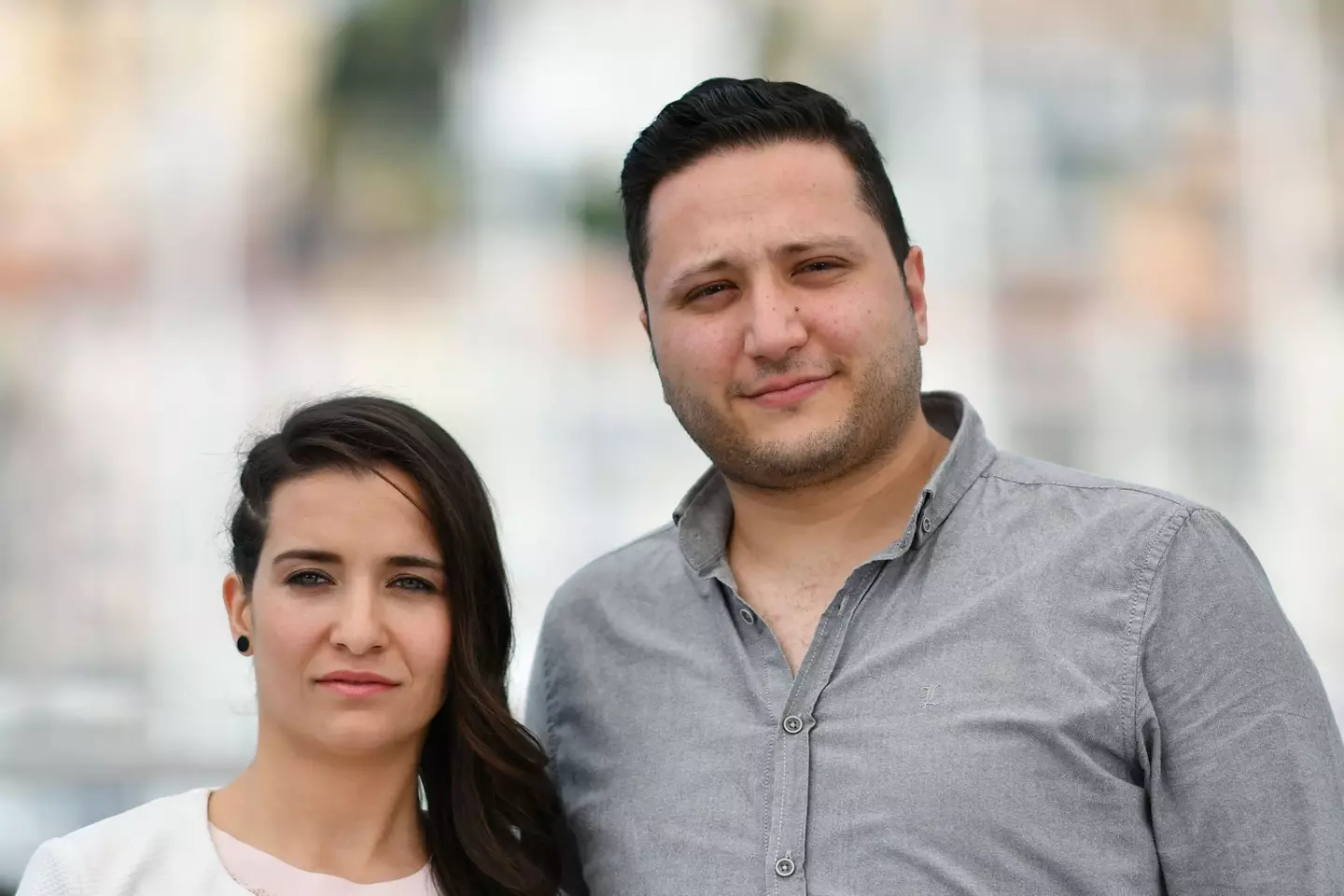
It’s abundantly clear that none of what Waad and Hamza do is out of any desire to be seen as heroes, it’s just because it’s the right thing to do.
Hamza said: “When we were in Aleppo, every day there has a meaning, every single thing we do. It's like we're resistance, we're helping each other staying in the city, we're bonding with community.”
He added: “Now I'm doing a PhD on the medical evacuations for civilians in sieges, running Action for Sama with Waad, and doing all the campaigns. We had a stand on the 10th anniversary of the chemical attack in Ghouta at Trafalgar Square.
“We're doing all this advocacy. But still when [I say] 'I'm doing this and this and this', and [people] say like, 'oh, wow, that's a lot for one person to do', I still feel like 'no, it's not'. It's not even half of what we were doing in in Syria.”
During the siege, Hamza and Waad were on the front line every day treating patients, managing the hospital, and documenting the siege. A scenario like that creates a rare certainty of purpose. What you are doing in that moment must be the right thing, and there is no room for any doubt.
Now, living in the UK, things are more complicated.
Waad said: “Our life there was very different, and the sort of community that we were part of you feel in everything you're doing, even if you’re having your dinner with friends that was like act of resilience.
“Whatever you want to do it's going to be very helpful and it's going to make a difference in that situation.
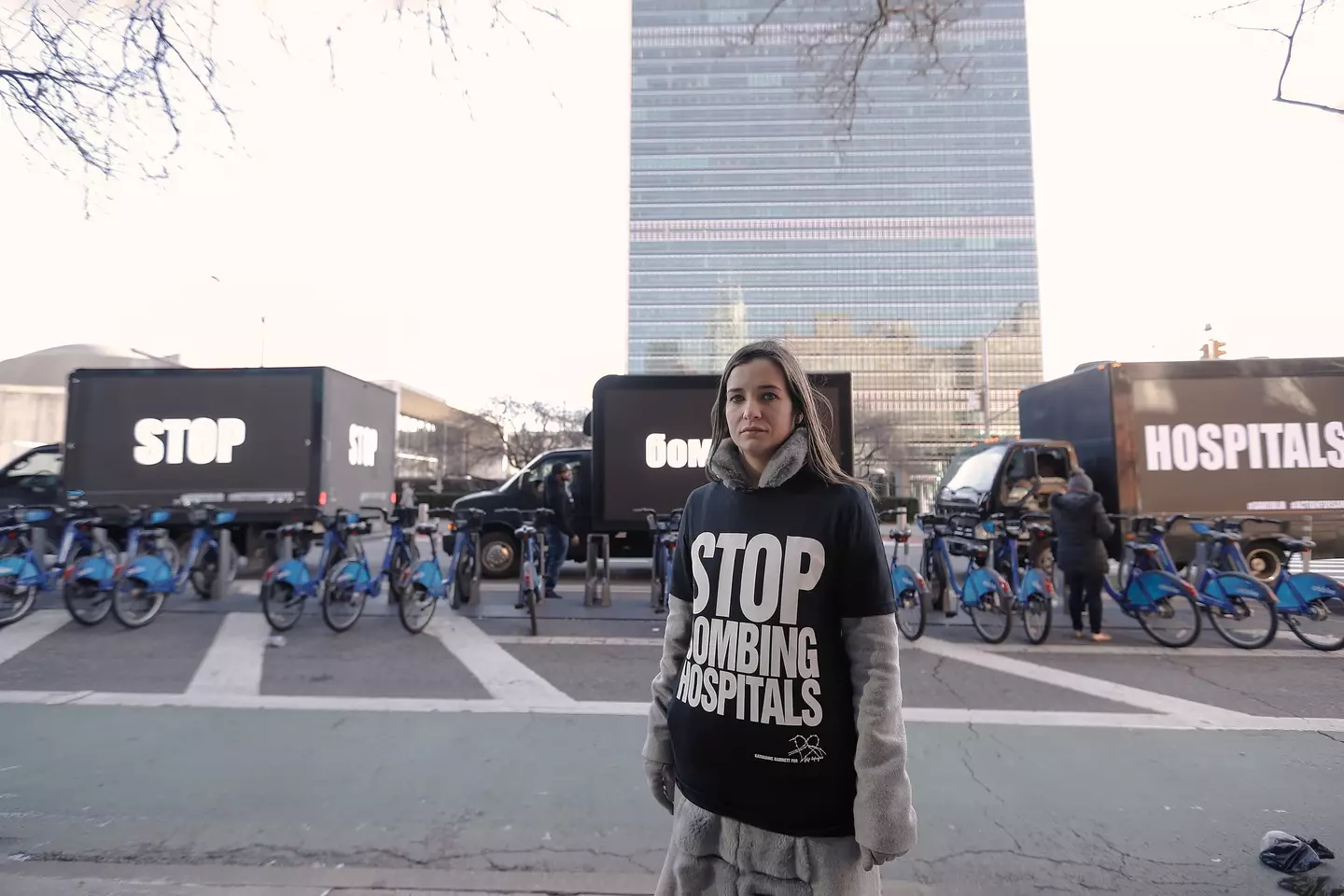
“The meaning of what we were doing, the life we had there, I would call it obvious and clear. You can measure it, and you can see that impact. And you feel like you're making a difference on the ground in the place where you belong.
“We're trying to do our best here, we're trying to feel that community and keep that feeling and do everything we can from here.”
She added: “If you come to our house, you can see how much is Aleppo. The pictures we have, the memories we brought, even the way we cook.
“For a while I think I've struggled to accept that I am here now. I have to accept that because of my little girls and because I have to do this for them.”
While Waad and Hamza are safe, the direction that the Syrian Conflict has taken since their arrival in the UK in 2018 makes it difficult to find hope for the country’s future.
This year saw the Assad government invited to a conference of the Arab League, the first time this has happened since the war began. The invitation was viewed by some as the beginning of Assad’s international rehabilitation.
Hamza is nonetheless determined that the suffering inflicted on Syrians by the Assad government and their Russian and Iranian backers will not go unanswered.
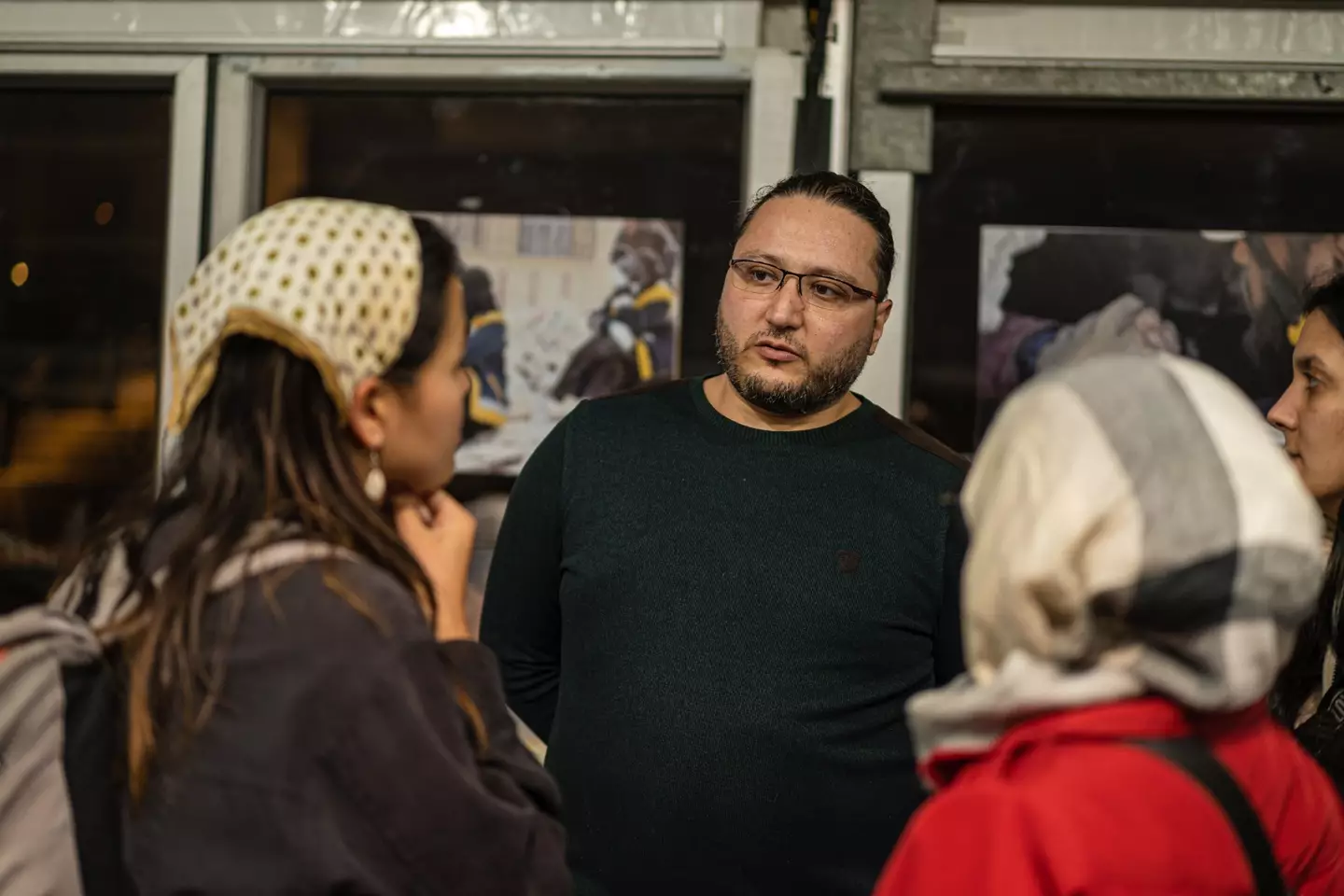
He said: “If I'm being realistic, there is no light at the end of the tunnel, I can't see anywhere. But our thinking is that we survived for a reason. Maybe we still haven't figured that out yet, it might be just to keep spreading the truth and keep being an eyewitness of what has happened, and keep not letting it go.”
Hamza and Waad are not the only Syrians who are determined to not let things go. Despite years of war and oppression, the last few weeks have seen anti-government protests once more break out in Syria.
Civilians have again risked the anger of the regime, and taken to the streets of the Druze-majority city of Suwayda in government-held southern Syria. There, they are protesting worsening economic conditions and calling for the departure of Bashar Al-Assad.
Despite everything, for Waad the protests are a spark of hope. After 12 years of war, the barrel bombs, the chemical attacks, the disappearances, people are still willing to put their lives on the line.
She said: “We always felt like he can't win, and he won’t win. For a while we couldn't see how this is even possible. But we had a very big belief that this is how things should be. Seeing these amazing people just gives you hope. The story didn’t end when we were displaced.”
Topics: World News, Life, Health
